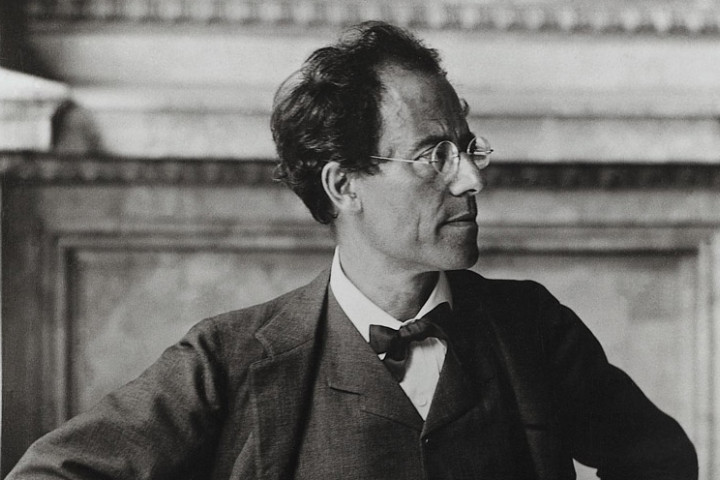
Gustav Mahler – Biography and Life
Gustav Mahler, a towering figure in late 19th and early 20th-century classical music, was born on July 7, 1860, in Kalischt, Bohemia (now Kaliště, Czech[…]

Gustav Mahler: A Maestro of Emotional Landscapes
Gustav Mahler, a name that echoes through the annals of classical music history, stands as a towering figure among composers of the late Romantic era.[…]

Mahler – Short Biography
Mahler – Short Biography Gustav Mahler (7 July 1860 – 18 May 1911) was an Austro-Bohemian Romantic composer, and one of the leading conductors of his[…]

Mahler Biography – Music | History
Gustav Mahler (7 July 1860 – 18 May 1911) was an Austro-Bohemian Romantic composer, and one of the leading conductors of his generation. As a[…]

Mahler – Symphony No. 4 in G major
Love classical music? Learn to play the best PIANO pieces the easiest way: http://tinyurl.com/classic-flowkey Symphony No. 4 in G major by Gustav Mahler was written in[…]

The Best of Mahler
Gustav Mahler (7 July 1860 – 18 May 1911) was an Austro-Bohemian late-Romantic composer, and one of the leading conductors of his generation. As a[…]